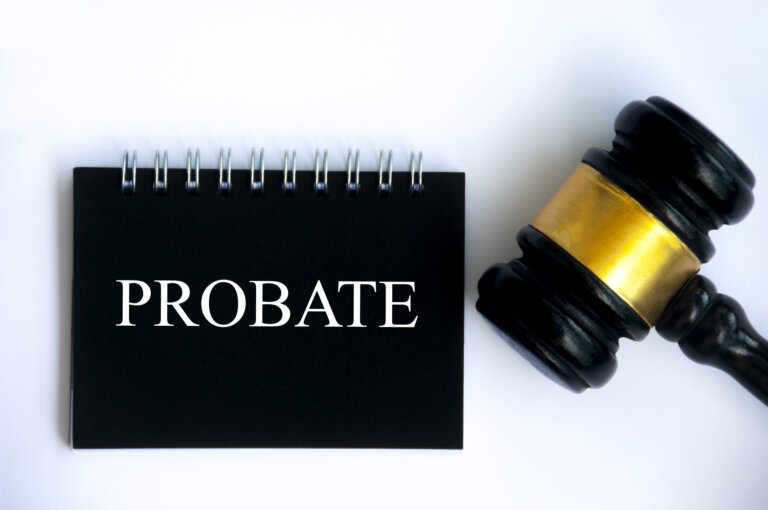Understanding Secured Claims in Texas Probate Law
Secured claims are debts that are backed by collateral, meaning that a creditor has a legal right to specific property if the debt is not repaid. In the context of Texas probate law, understanding secured claims is crucial for both creditors and heirs, as these claims can significantly affect the distribution of an estate's assets.
For example, if a deceased individual had a mortgage on their home, the mortgage lender holds a secured claim against that property. This means that the lender can pursue the home to recover the debt owed, which may impact the heirs’ ability to inherit the property. Navigating these claims requires knowledge of Texas probate procedures and the specific rights of creditors.
Unsecured Claims: What You Need to Know
Unsecured claims are debts that do not have collateral backing them, such as credit card debts or personal loans. In probate cases, these claims are treated differently than secured claims, as they rely solely on the debtor's ability to pay rather than on specific assets.
In Texas, unsecured creditors may file claims against the estate, but they are typically paid after secured creditors. This distinction is important for heirs and beneficiaries to understand, as it can influence the overall financial health of the estate and the distribution of remaining assets after debts are settled.
The Process of Filing a Claim in Texas Probate Court
Filing a claim in Texas probate court involves several steps, including submitting a formal claim to the executor or administrator of the estate. It is essential for creditors to understand the timeline and requirements for filing, as delays or errors can result in the claim being denied.
Once a claim is filed, the executor must review it and either approve or reject it based on the validity of the claim and the available assets in the estate. If a claim is rejected, creditors have the right to contest this decision in court, which can lead to further legal proceedings and potential delays in the probate process.
Common Challenges in Filing Probate Claims
Filing a claim in probate court can present various challenges for both creditors and heirs. Common issues include disputes over the validity of claims, the adequacy of the estate's assets to cover debts, and adherence to strict filing deadlines.
Additionally, creditors may face challenges in proving the legitimacy of their claims, especially if documentation is lacking or if the estate is complicated by multiple claims. Understanding these potential hurdles can help parties involved in the probate process prepare and respond effectively to ensure their interests are protected.

